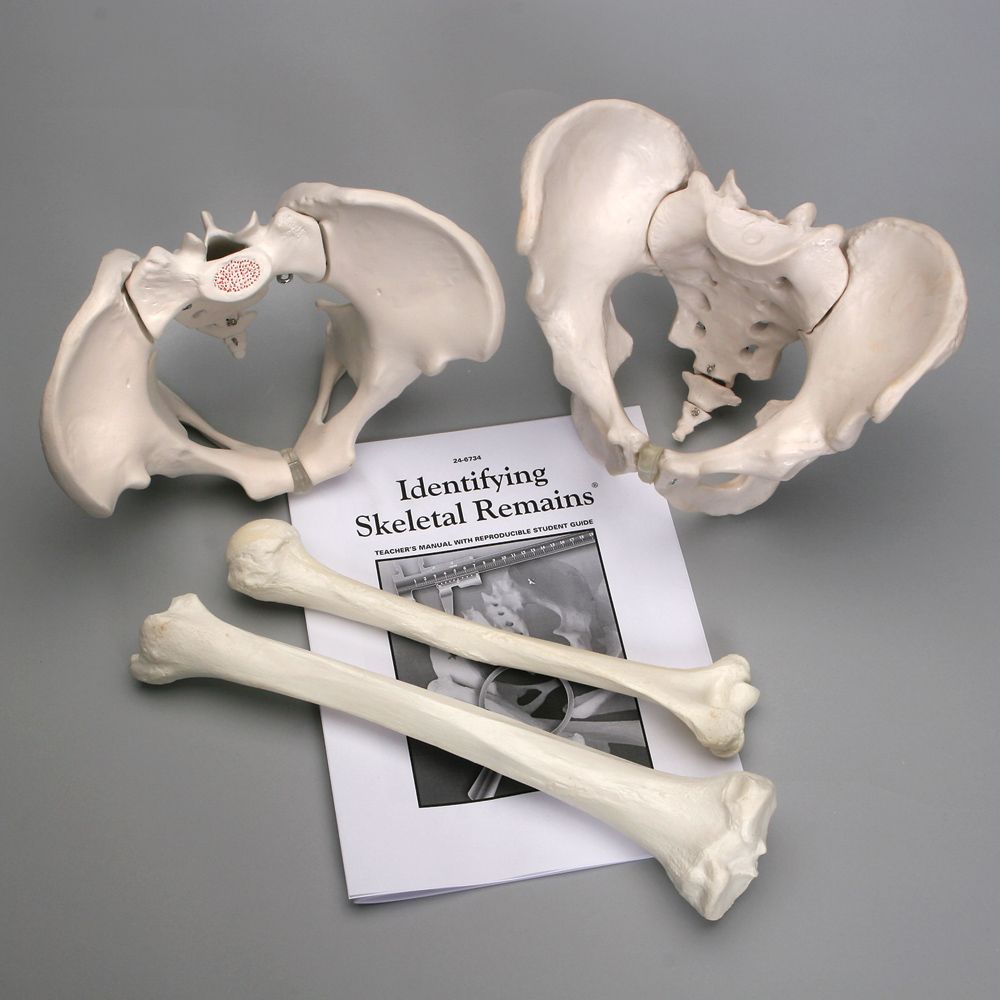St. Jude Dream Home: Complete Guide to Selling Your Prize After Winning
Understanding St. Jude dream homeownership rights
When you win a St. Jude dream home, you receive full legal ownership of the property, which mean you have the right to sell it. The deed transfers to your name, give you the same ownership rights as any homeowner who purchase their property through traditional means. This includes the ability to sell, rent, or modify the home accord to local regulations and homeowners association rules.
The St. Jude children’s research hospital lottery program specifically structure their giveaways to transfer complete ownership to winners. Unlike some promotional prizes that come with restrictions, the dream home become your property without limitations on future sale or transfer. Nonetheless, understand the full implications of selling require careful consideration of timing, taxes, and market conditions.
Tax implications of winning and selling
Win a St. Jude dream home create immediate tax obligations that importantly impact any decision to sell. The internal revenue service treats the home’s fair market value as taxable income in the year you win. Thismeansyou willll owe federal income taxes on the home’s will appraise value, potentially will push you into higher tax brackets.
State taxes may too apply to depend on your residence and the home’s location. Some winners face tax bills range from tens of thousands to ov$100100,000, depend on the home’s value and their exist income level. Many winners choose to sell specifically to cover these tax obligations, as the alternative involve pay substantial taxes while maintain an expensive property.
If you sell the home directly after win, you typically won’t will owe capital gains taxes since your cost basis will equal the fair market value at the time of win. Still, hold the property longsighted could result in capital gains or losses when you finally sell, depend on market fluctuations.

Source: dreamstime.com
Plan for tax payments
Winners must plan for tax payments by the following April 15th, and quarterly estimate payments may be required. Consult with a tax professional directly after win help you understand your specific obligations and develop a strategy for meet them. Some winners arrange to sell rapidly and set by appropriate funds for taxes, while others explore financing options to keep the home.
Optimal timing for sale your dream home
The timing of your sale importantly affect your financial outcome. Many winners face pressure to sell promptly due to tax obligations, but rush sales may not maximize your return. Real estate markets fluctuate, and the best sale price depend on local conditions, seasonal factors, and you’re negotiating position.
Sell instantly after win offer several advantages. You avoid ongoing property taxes, insurance, and maintenance costs while potentially capitalize on the publicity surround your win. Local media coverage oftentimes accompany dream home winners, create additional marketing exposure for your property.
Nonetheless, quick sales may not achieve optimal pricing. Buyers might expect discounts from motivated sellers, and you may not have time to make improvements that could increase value. Additionally, you will need to will coordinate the sale process while will manage the emotional and logistical challenges of abruptly will own valuable real estate.
Market considerations
Research local real estate trends before decide when to sell. Spring and summer typically offer better selling conditions in most markets, with more buyers and higher prices. Yet, your tax deadline may not align with optimal market timing, require you to balance financial pressures against market conditions.
Prepare your dream home for sale
St. Jude dream homes typically feature high-end finishes and desirable locations, but prepare for sale distillery require attention to detail. Professional staging, photography, and marketing help showcase the property’s best features. Since these homes oftentimes represent the pinnacle of local luxury housing, presentation standards must meet buyer expectations.
Consider hire experience real estate professionals familiar with luxury properties. The marketing approach for a dream home differ from typical residential sales, oftentimes require specialized advertising and buyer qualification processes. High-end buyers expect detailed property information, professional presentations, and white glove service throughout the transaction.
Document any unique features or upgrades that distinguish your home from comparable properties. Dream homes oftentimes include custom elements, high-end appliances, and premium materials that add value but may not be directly obvious to buyers. Professional appraisals help establish fair market value and support your pricing strategy.
Work with real estate professionals
Select the right real estate agent importantly impact your sell success. Look for agents with luxury home experience and strong local market knowledge. They should understand the unique aspects of sell prize properties and have strategies for address buyer concerns about purchase from recent winners.
Experienced agents help navigate pricing strategies that account for your motivation to sell while maximize return. They understand how to market the property’s dream home status as a positive feature quite than a potential concern for buyers. Some buyers view these homes as particularly desirable due to their careful selection and high quality construction.
Interview multiple agents before make your selection. Ask about their experience with similar properties, marketing strategies, and average time on market for luxury homes in your area. The right agent provides valuable guidance on pricing, timing, and negotiation strategies while handle the complex logistics ofhigh-endd real estate transactions.
Commission and fee considerations
Real estate commissions on expensive properties represent significant costs that affect your net proceeds. While commission rates are negotiable, experienced luxury agents much justify their fees through specialized marketing, professional networks, and successful track records. Factor these costs into your overall financial planning when decide whether to sell.
Alternative options to immediate sale
Selling isn’t your only option after win a St. Jude dream home. Some winners choose to keep the property as a primary residence, vacation home, or rental investment. Each alternative offer different advantages and challenges that may align advantageously with your long term goals.
Move into the dream home as your primary residence eliminate housing costs while provide luxury living. Notwithstanding, you must notwithstanding address tax obligations and ongoing expenses like insurance, utilities, and maintenance. These homes oftentimes feature higher operating costs than typical residences due to their size and premium features.
Rent the property generate ongoing income that may help cover taxes and expenses. Luxury rental markets exist in many areas, peculiarly near business centers, vacation destinations, or universities. Yet, become a landlord require time, expertise, and financial reserves for maintenance and vacancy periods.
Financing options
Some winners explore financing options to keep their dream home while address tax obligations. Home equity loans or cash out refinancing can provide funds for tax payments while allow you to retain ownership. Nonetheless, take on mortgage debt against your prize property create ongoing payment obligations and reduce your equity position.
Legal and administrative considerations
Sell your dream home involve standard real estate legal requirements plus considerations specific to prize properties. Ensure all ownership documentation is right record and title issues are resolve before list. Some buyers may have additional concerns about purchase prize properties, require extra documentation or assurances.

Source: yankodesign.com
Review any agreements sign when claim your prize to understand potential obligations or restrictions. While St. Jude dream homes typically transfer with full ownership rights, confirm this protects against future complications. Your attorney should review all prize relate documentation and sale contracts to ensure proper legal compliance.
Consider timing requirements for various legal and financial obligations. Property tax assessments, insurance policies, and homeowners association memberships may totally require attention during the ownership transfer and sale process. Proper coordination prevent gaps in coverage or unexpected obligations.
Financial planning beyond the sale
Successfully sell your dream home create new financial planning opportunities and obligations. The proceeds represent a significant windfall that require careful management to maximize long term benefits. Consider work with financial advisors to develop strategies for investing your proceeds and minimize future tax obligations.
Diversify your windfall across different investment types help manage risk and generate ongoing returns. Real estate proceeds can fund retirement accounts, education savings, or other investment vehicles that provide tax advantages and long term growth potential. Avoid concentrate your wealth in single investments or make hasty financial decisions.
Plan for the tax implications of your investment choices. Capital gains on future investments, dividend income, and retirement account distributions all create different tax consequences. Strategic planning help minimize your overall tax burden while build long term wealth from your dream home proceeds.
Estate planning considerations
Significant wealth from dream home sales may require updates to estate planning documents. Wills, trusts, and beneficiary designations should reflect your new financial situation. Consider how the windfall affect your overall estate planning goals and tax strategies for transfer wealth to heirs.
Common challenges and solutions
Dream home winners oftentimes face unique challenges that differ from typical real estate transactions. Emotional attachment to a prize property can complicate rational decision-making about sell. The excitement of win may cloud judgment about the practical implications of ownership and the benefits of sell.
Media attention surround your win can create privacy concerns during the sale process. Work with your real estate team to manage publicity while maintain your personal privacy. Some buyers may be attracted to the property’s fame, while others might prefer discretion about purchase a former prize home.
Time pressure from tax obligations can lead to rush decisions that don’t serve your best interests. Start plan instantly after win to allow time for careful consideration of all options. Professional advisors help you evaluate choices objectively and develop strategies that align with your goals.
Market conditions may not favor sellers when you need to sell for tax reasons. Develop contingency plans that account for different market scenarios. This might include pricing strategies for quick sales or financing options that allow you to wait for better market conditions.
Make your final decision
The decision to sell your St. Jude dream home depend on your personal circumstances, financial goals, and lifestyle preferences. There be no universally correct choice, and winners successfully pursue various strategies base on their individual situations.
Evaluate your decision base on comprehensive financial analysis kinda than emotional reactions. Consider all costs, benefits, and alternatives before commit to any strategy. The significant value of dream homes mean your choice have long term implications for your financial security and lifestyle.
Remember that win a dream home represent a positive opportunity irrespective of whether you choose to sell or keep the property. Both options can lead to improve financial situations when handle thoughtfully with appropriate professional guidance. Focus on make informed decisions that align with your values and long term objectives sooner than feel pressured by external expectations or artificial deadlines.



